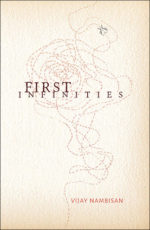| Author |
|---|
About the Book
Miguel-Manso has published 11 books of poetry since his debut, Contra a manhã burra (2008). His critically acclaimed collections include Santo subito (2010), Ensinar o caminho ao diabo (2012), Tojo: Poemas escolhidos (2013), Persianas (2015) and Mortel (2018). He has collaborated with several theatre companies and directors, and has been invited as a participating speaker to literary festivals, lectures and poetry readings, in and outside of Portugal. He has written, produced and directed (in collaboration with João Manso) the feature film Bibliography (2013) – a journey on a raft down two Portuguese rivers and through five hundred years of literature.









